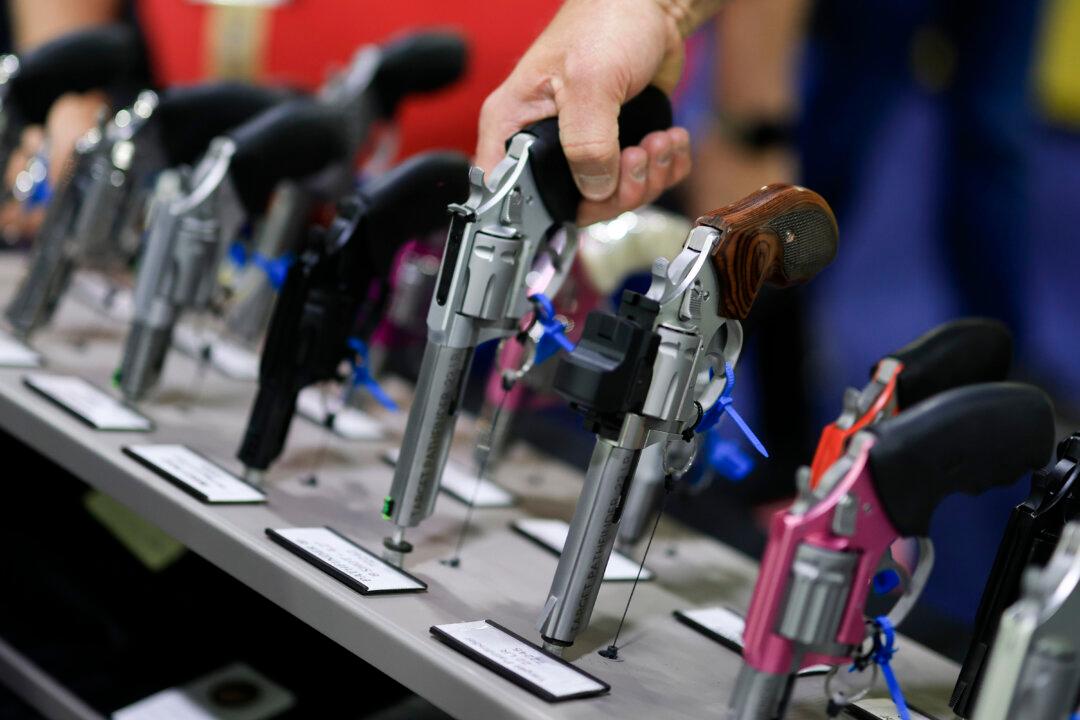A federal appeals court ruled Friday that the Constitution allows laws barring felons from owning guns, even if their past crimes were non-violent—finding such restrictions consistent with the nation’s historical tradition of disarming individuals deemed dangerous or lawbreaking.
In a decision issued May 9, the Ninth Circuit Court of Appeals in Pasadena upheld a key federal gun control law, concluding that it survives the Supreme Court’s landmark Bruen ruling, which imposed a tougher, history-based test for evaluating Second Amendment challenges.





